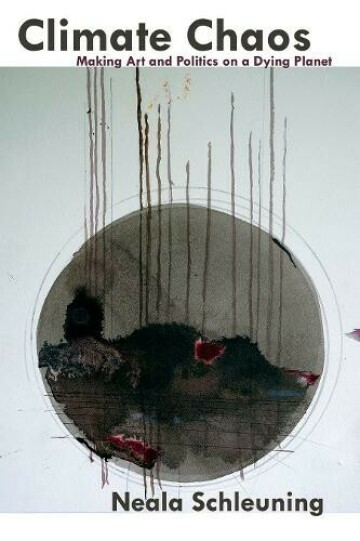A city at the crossroads
 As we get ready to say goodbye to 2021, our city is at the crossroads. More specifically, Duluth is at the climate crossroads.
As we get ready to say goodbye to 2021, our city is at the crossroads. More specifically, Duluth is at the climate crossroads.
At this critical juncture in our city’s history, we have to decide what road we will take in 2022 and for the future.
We can continue to deny the reality of this climate emergency. We can continue to delay our response to what is already taking place around us. We can continue to psychologically distance ourselves from even thinking or talking about climate change because it makes us feel uncomfortable or overwhelmed.
But if we do this, we will find ourselves living in a very unhealthy and unproductive city – environmentally, economically and in so many other ways.
The bottom line is Duluth is not exempt from climate change. Our city is no longer climate proof.
Duluth can’t stay on the same road anymore. We can’t deny, delay or distance ourselves from the climate reality that is now a part of our everyday lives.
If we hope to guide our city through this climate-change world, then we must collectively choose a new direction.
In her book "Climate Chaos: Making Art and Politics on a Dying Planet," Neala Schleuning wrote, “Hope lies in moving more consciously to position ourselves and our community for action in light of even more changes coming. Our future success requires that we be open to changing quickly, despite the uncertainty about how the Anthropocene will progress.”
How does Duluth position itself during this climate emergency?
Is our city open to changing quickly when we find ourselves facing more complicated and severe climate events in the future?
Are we moving more consciously as we figure out how to address climate change?
As a philosopher, Mark Edmundson may have an answer. In his book self and soul: A Defense of Ideals, Edmundson talks about reviving the ideals of courage, compassion and critical thinking in society.
“If you live life without courage, compassion, the time exercise of intellect and creation through love, then you will not feel very well. You may even get quite ill.”
If we love our city, then we must choose the road that creates and builds a more resilient, sustainable and healthier community for all its citizens.
And this will only happen when we take a more critical and creative approach to addressing climate change and with a deeper sense of courage and compassion.
If we choose to do more of the same, where will Duluth be in 30 to 50 years?
If we continue to refrain from having an open dialogue between city government and all local climate groups, where will we be?
If we receive documents like the 2018 climate vulnerability report for Duluth and don’t have a community-wide conversation and explore how to respond, where will we be?
If we pass resolutions like the climate emergency resolution but don’t create a climate task force or commission to help Duluth prepare for this climate emergency, then where will we be?
If our city wants to move forward, we must ask our city’s leaders and community stakeholders to bring the issue of climate change into the daily discourse of their personal and public lives.
Whether it’s in city hall, the chamber of commerce, our public schools, churches or social service agencies, we need to talk about the climate emergency and what it means to the future of Duluth.
Climate change needs to be incorporated into all future city plans and policies and into the education of our young people, from primary school through college.
In the introduction to their book The Future We Choose: Surviving the Climate Crisis, Christiana Figueres and Tom Rivett-Carnac wrote, “Who we understand ourselves to be determines the choice we will make. That choice determines what will become of us. That choice is both simple and complex, but above all it is urgent.”
At this moment, what choice will Duluth make?
Do we truly understand the impacts of climate change upon everything in our city?
Can we elevate the conversation about climate justice and explore how we can better serve our most vulnerable populations?
Will Duluth become a more proactive and responsible city in this climate emergency?
Are we going to choose a city that lives from its past or lives for the future?
These are essential questions for our city’s leaders. And for every one of us. Every day of the year.
